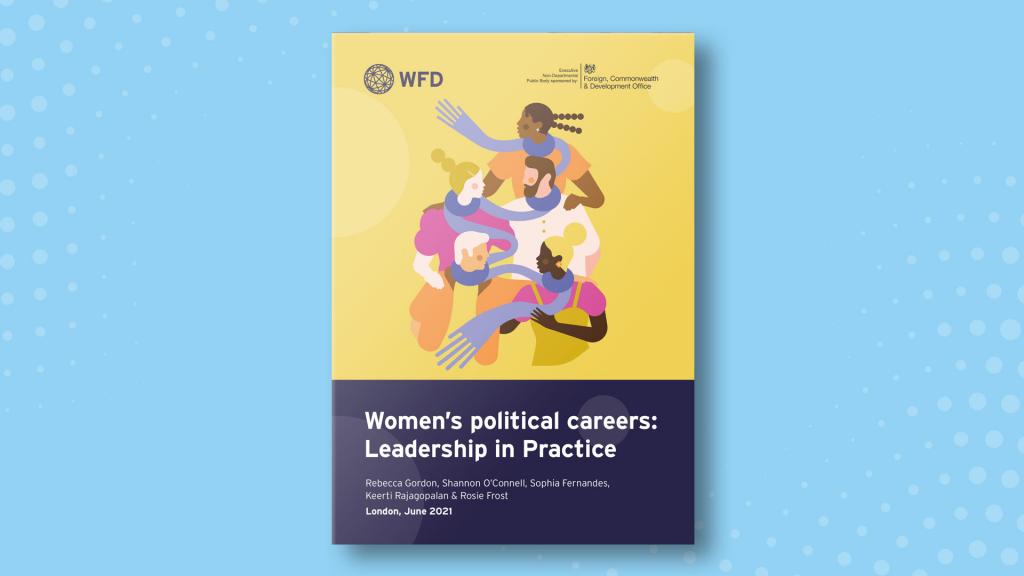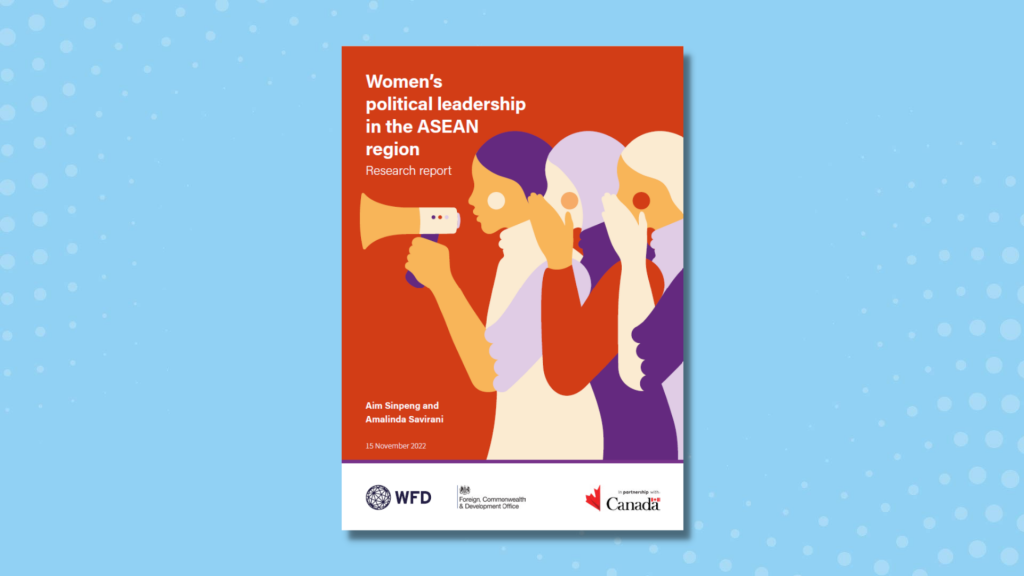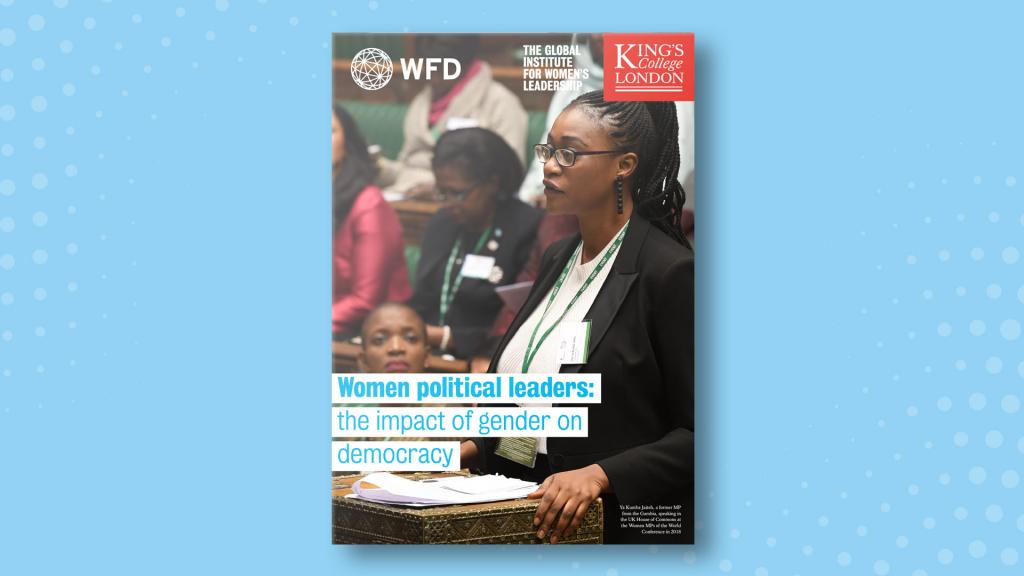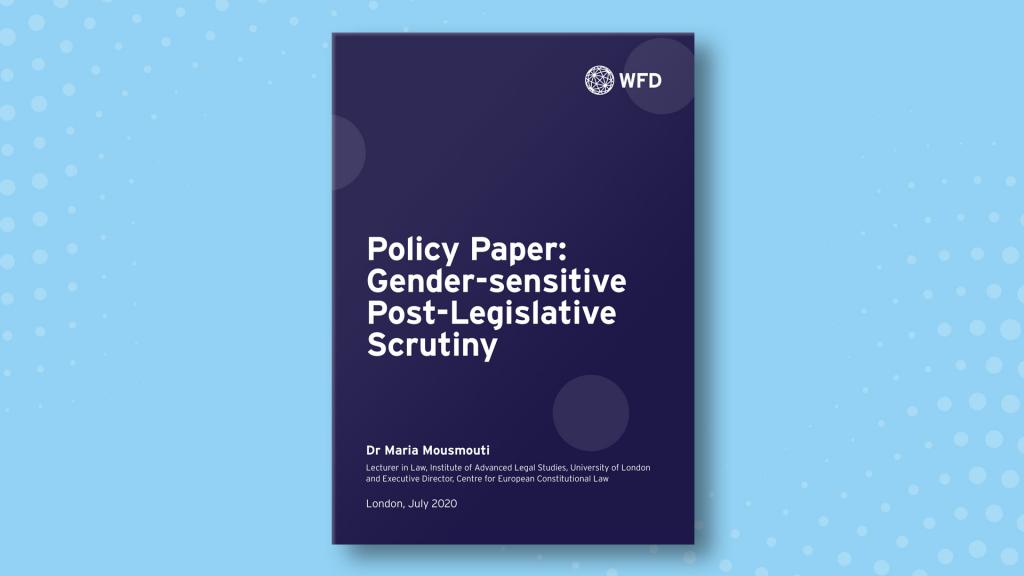Women’s equal representation and participation in politics and public life is essential in a democracy.
We know that women’s political leadership results in better outcomes for women and girls, as well as for the whole of society. Having more women in political leadership delivers progress in policy areas that are vital for economic growth and development.
Even without these results, the argument for women’s empowerment is irrefutable. Democracy cannot afford for half of the population not to be wholly and equally engaged in decision-making.
WFD’s work considers the social, cultural, economic, and political factors that stop women from fully participating in politics and governance. We work with partners to develop systems and strategies that challenge and transform them. Our programmes help to embed gender analysis throughout all aspects of parliamentary business, support women's political leadership and end violence against women in politics.
Meanwhile, our research and policy advice highlight the benefits of women's political participation and recommends ways to harness those benefits.
We support countries and territories to:
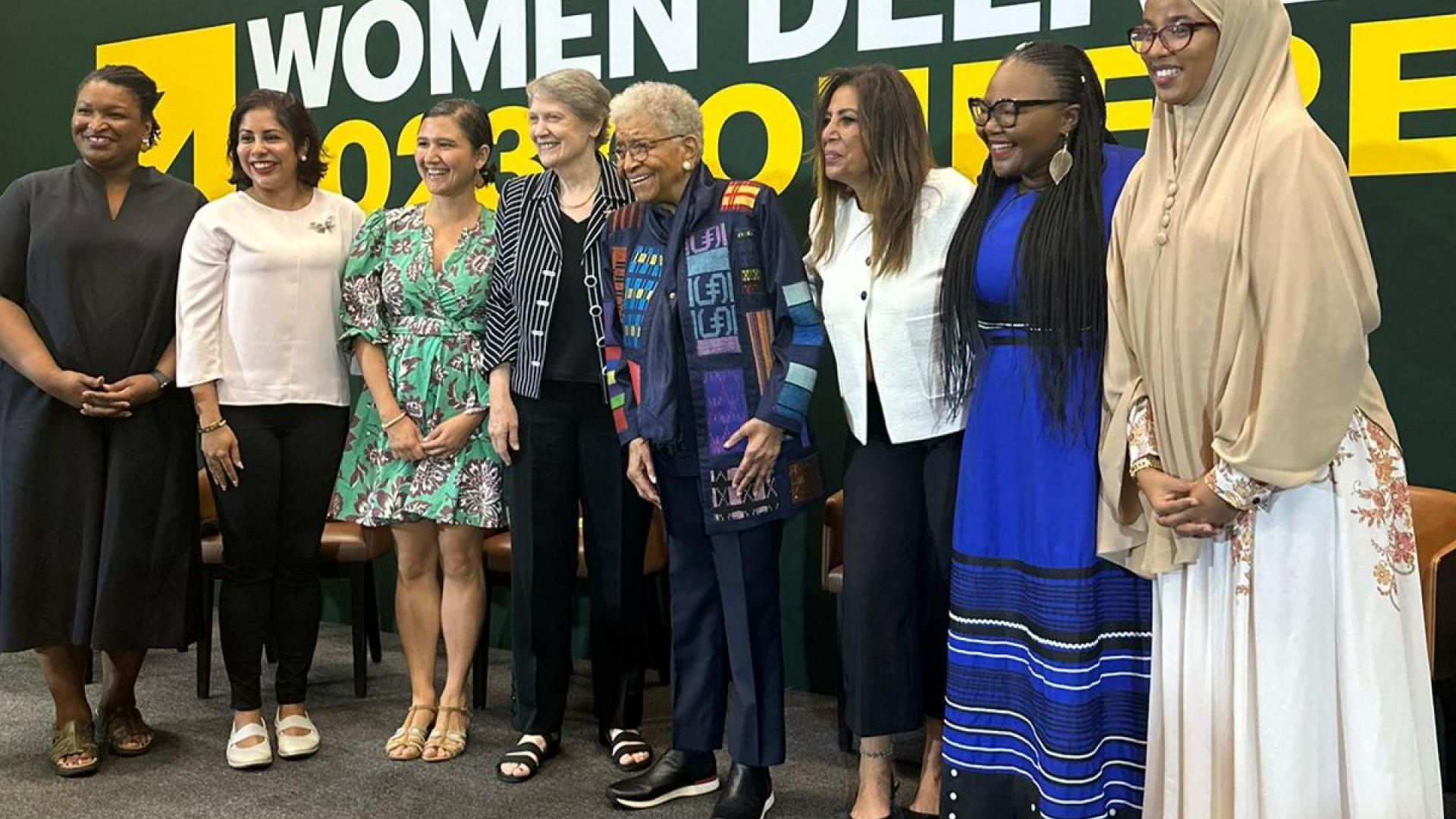
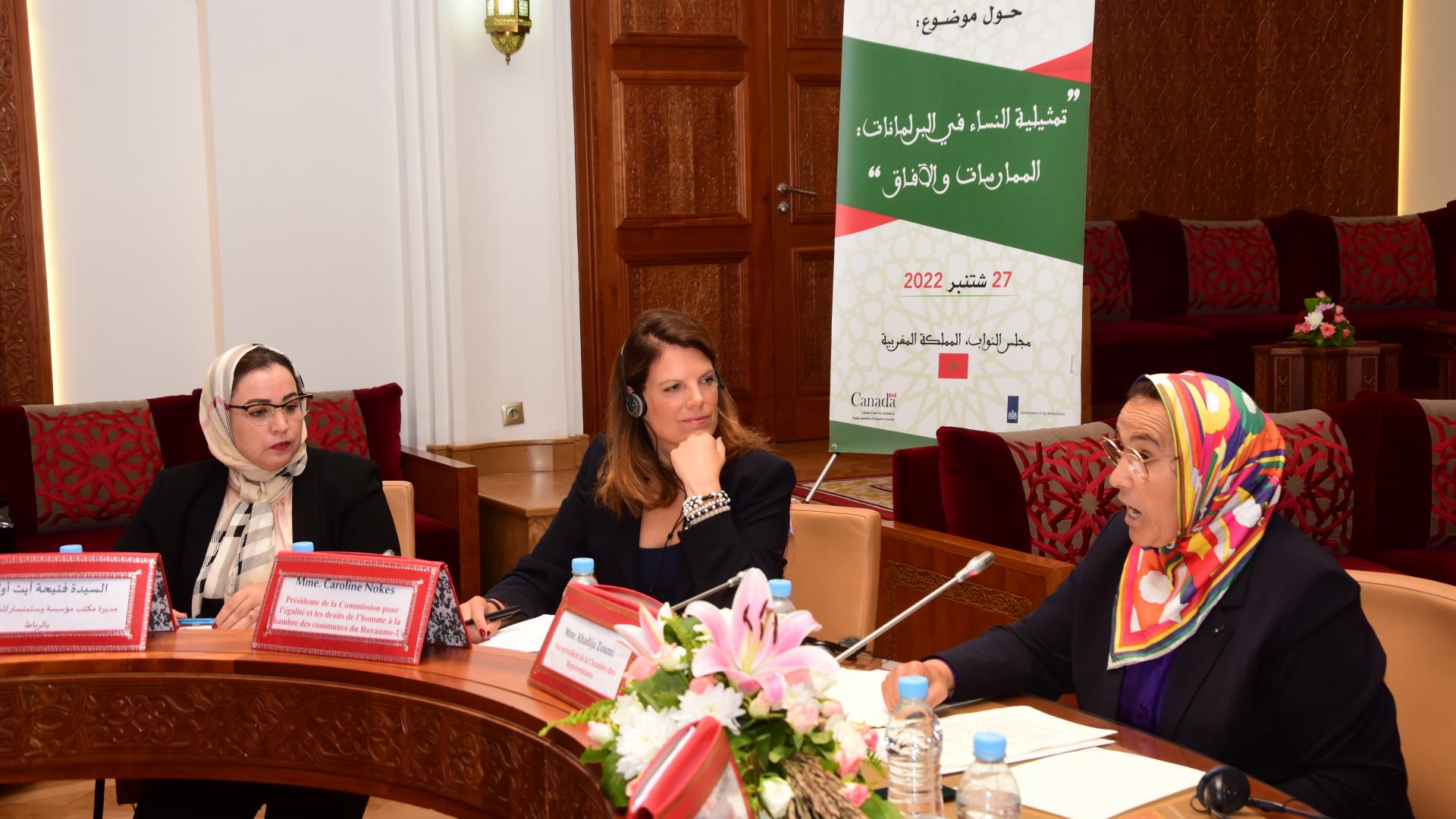
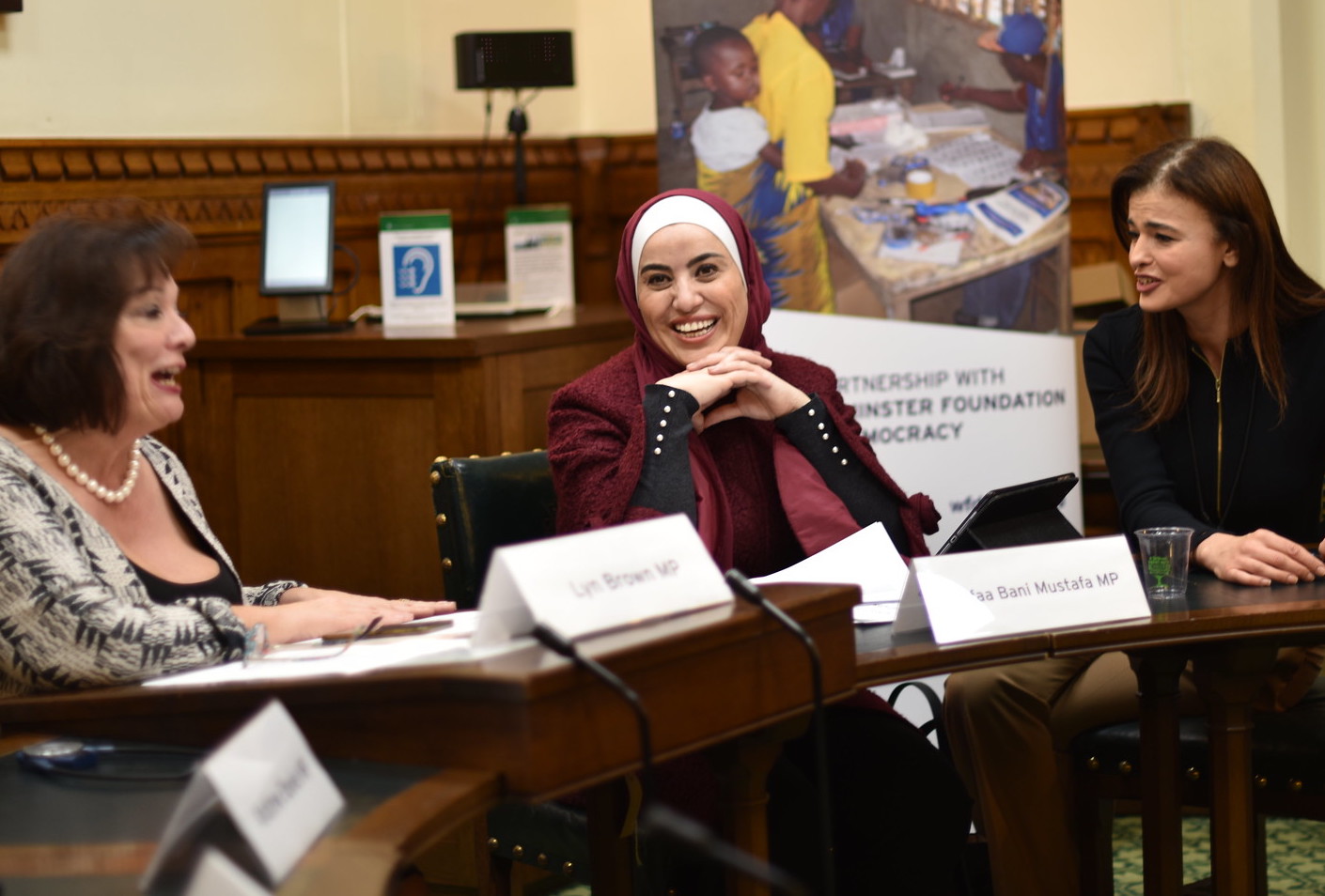
Ending violence against women and girls in the Middle East
As part of WFD’s work with a coalition of women MPs, individual support helps members to initiate change in their own countries. WFD works with law-makers in Lebanon, Jordan, Iraq and Palestine to champion changes to discriminatory laws that perpetuated violence against women and girls.

